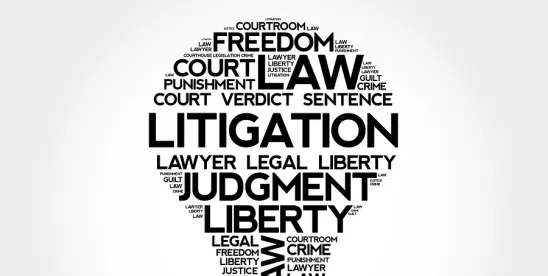Timelines and COVID-19
Three questions dominated our COVID focus groups:
- What did the parties know?
- When did they know it?
- What else was going on at the time?
Timelines are important in many cases, pandemic or not. They help establish a narrative structure, organize the evidence, and provide a framework for jurors to consider the facts of the case. In COVID-related litigation, organizing information in the context of a timeline is vital, as the timeline of the development of the virus and knowledge about it is critical context that should be superimposed on your case narrative.
A well-constructed timeline can bring these elements together, allowing jurors to gain a sense of how plaintiffs or defendants behaved in a way that was consistent (or inconsistent) with their knowledge at the time. Respondents in our groups repeatedly asked for the specific timing of actions within given case narratives, as they expressed that the timing was incredibly important in this context. They readily recalled outside information from their own lives, and recognized the vast amounts of misinformation that plagued the early days of coverage related to the virus.
Conflicting public information, the source of public information, and ‘inside’ information a company knew or should have known regarding COVID-19 are all critical facts. Notably, our research showed that across the three different venues, people had different assessments of government at the local, state, and federal level. Timeline entries need to reflect who the jurors are likely to view as a reputable source of information on the virus.
This summer, IMS conducted a series of twelve day-long focus groups across three important venues. This research was designed to gather insights from eligible jurors to help our clients understand the crucial case elements to consider among COVID-related litigation. As part of this research, we posed various hypothetical cases to the participants and gathered their comments.
Read more here.
This post was also written by Jason Barnes.





 />i
/>i
